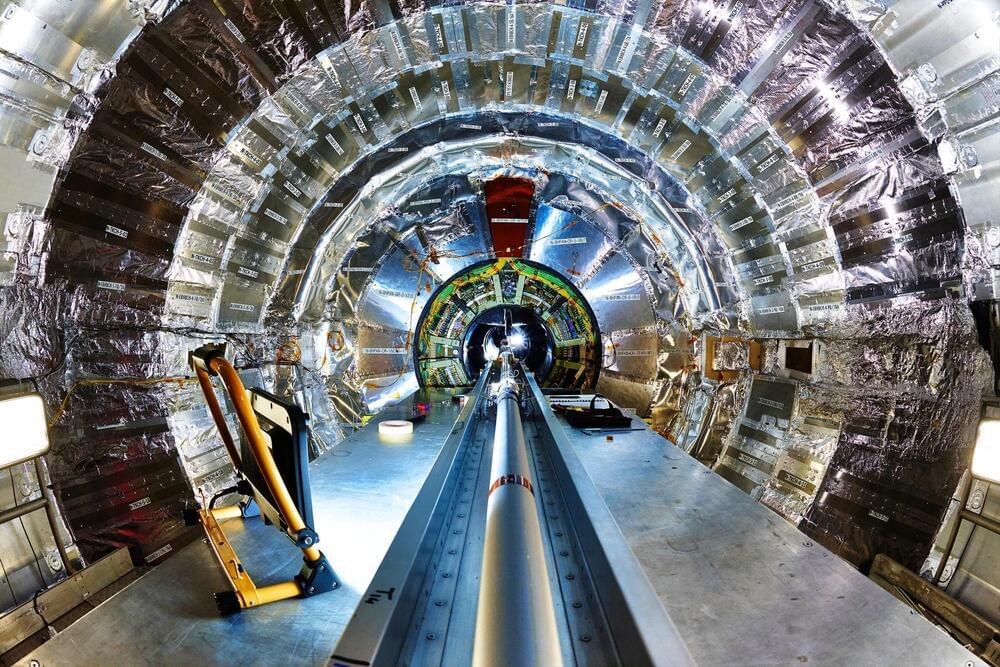Physicists have demonstrated quantum entanglement in top quarks and their antimatter partners, a discovery made at CERN. This finding extends the behavior of entangled particles to distances beyond the reach of light-speed communication and opens new avenues for exploring quantum mechanics at high energies.
An experiment by a group of physicists led by University of Rochester physics professor Regina Demina has produced a significant result related to quantum entanglement—an effect that Albert Einstein called “spooky action at a distance.”
Entanglement concerns the coordinated behavior of minuscule particles that have interacted but then moved apart. Measuring properties—like position or momentum or spin—of one of the separated pair of particles instantaneously changes the results of the other particle, no matter how far the second particle has drifted from its twin. In effect, the state of one entangled particle, or qubit, is inseparable from the other.

Everything is touching everything, all at once. How we observe what we are viewing relates to our frame of reference and the capability of our apparatus to identify the mass/energy exchange. Saying that we see something happening faster than the speed of light means we used equipment to transpose an image to approximately 1/30 of a second so we as humans can observe it.